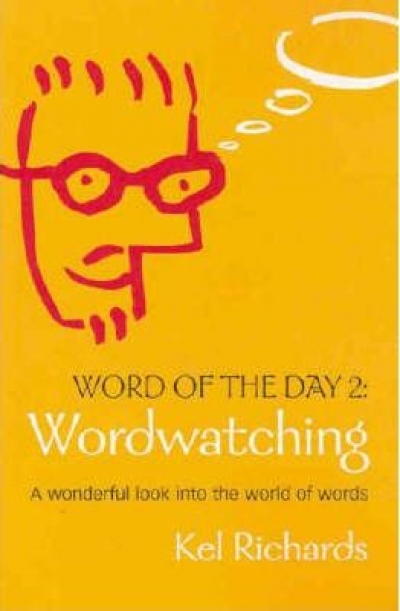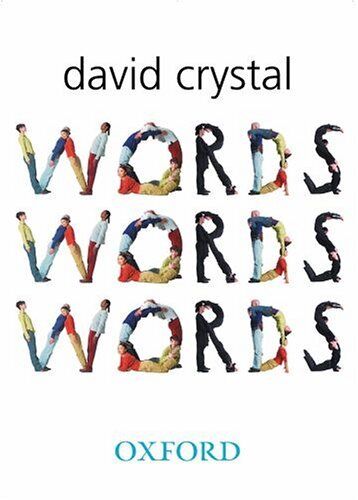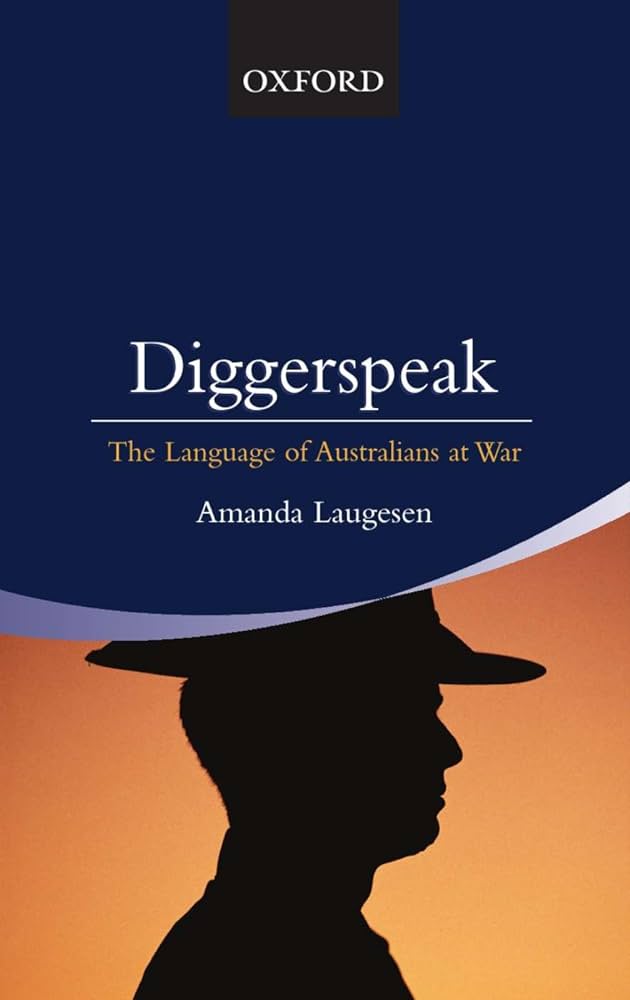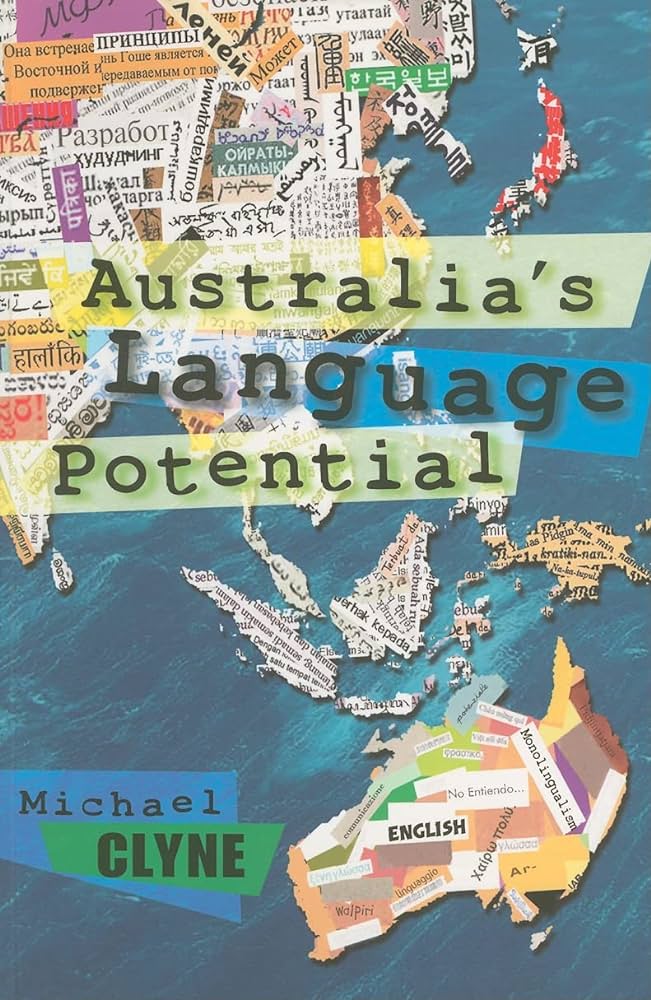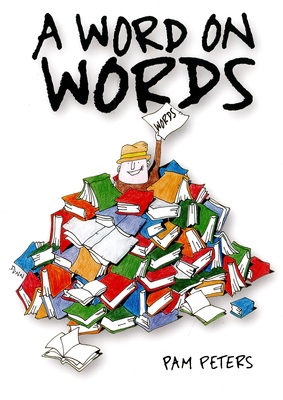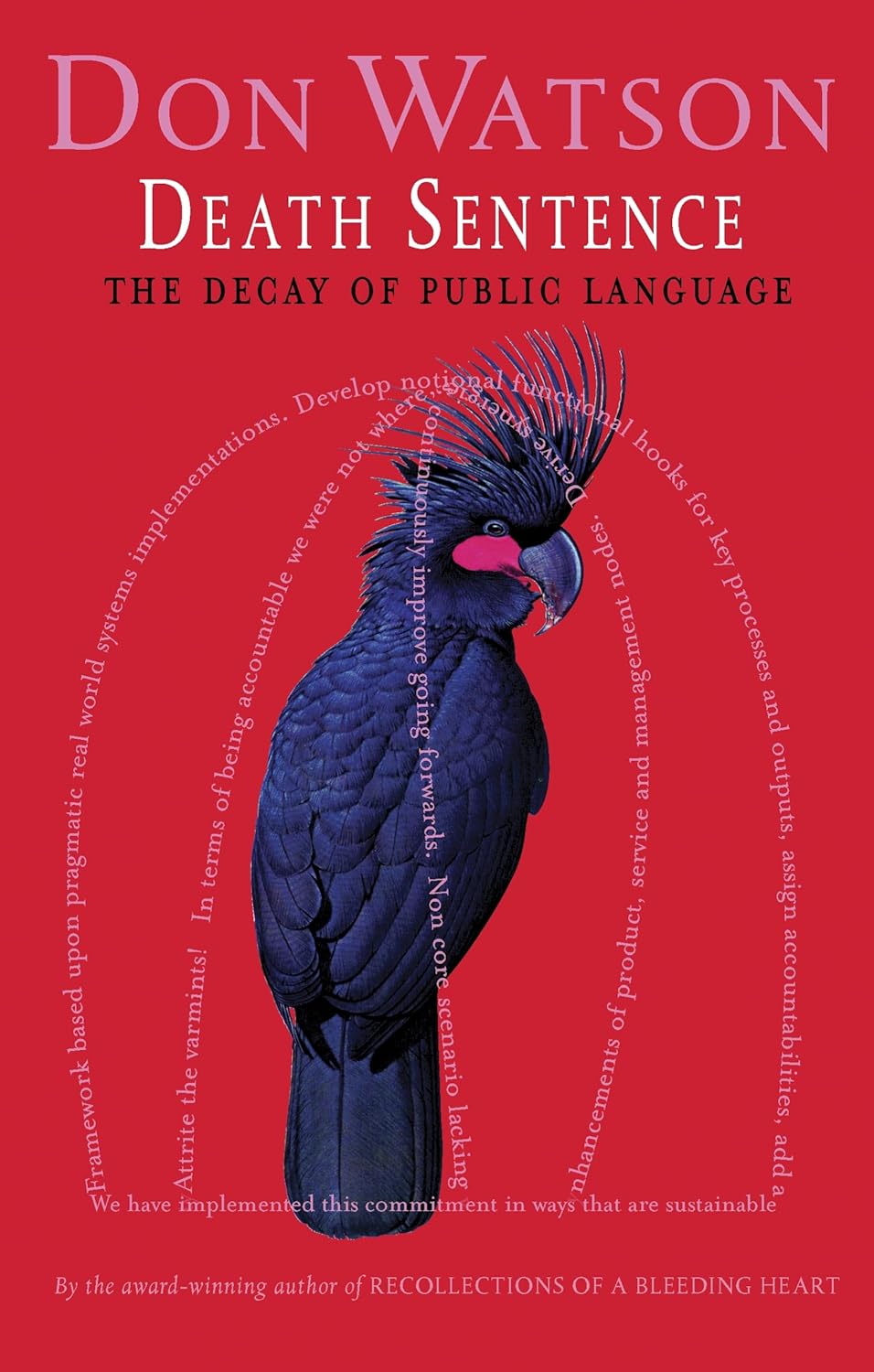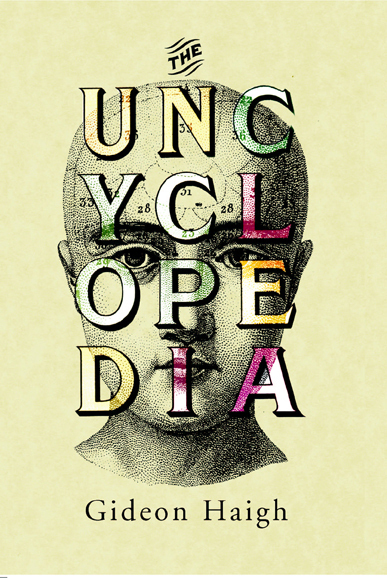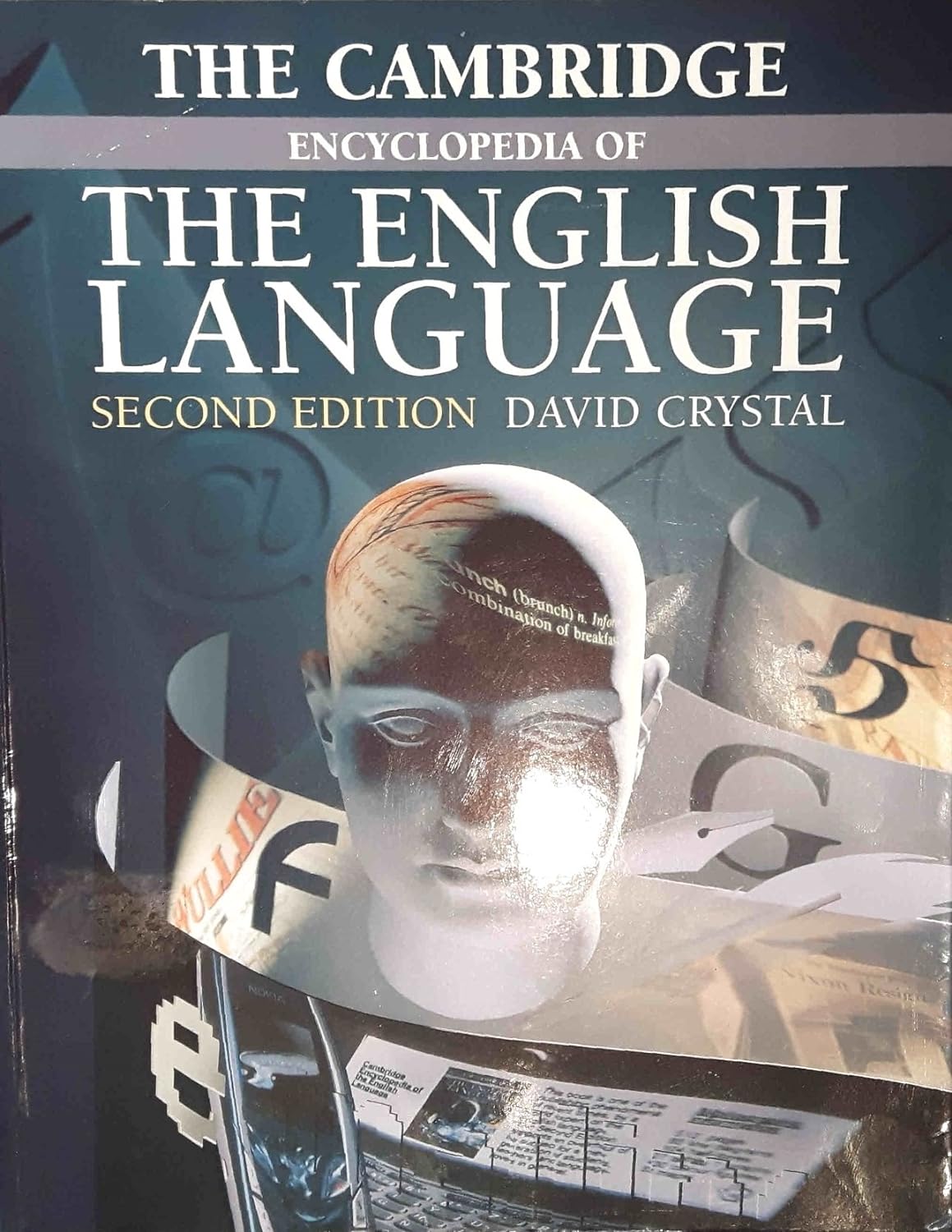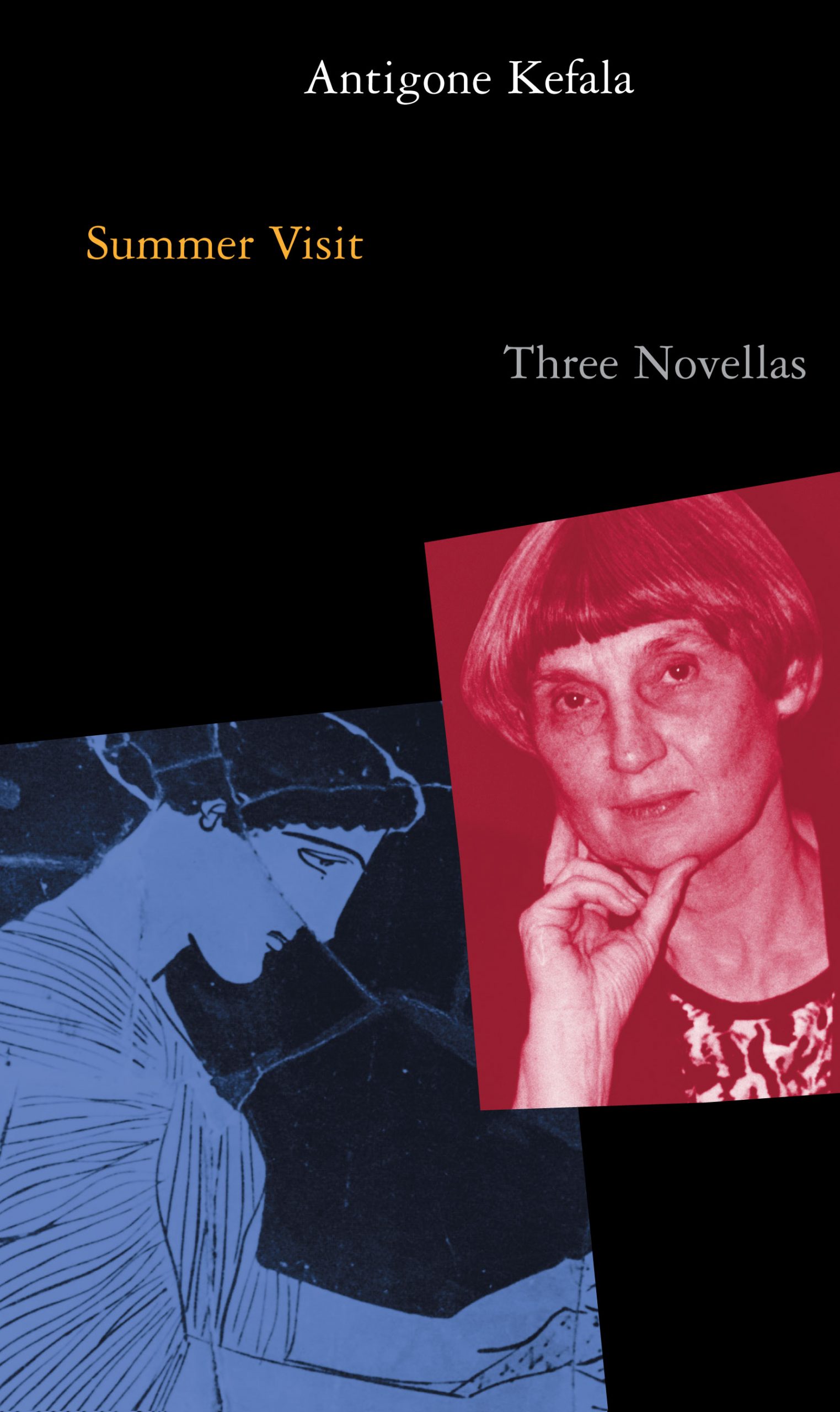Language
Diggerspeak: The language of Australians at war by Amanda Laugesen
by Gary Simes •
Australia's Language Potential by Michael Clyne
by Bruce Moore •
A Word On Words by Pam Peters & Away With Words by Ruth Wajnryb
by Fred Ludowyk •
Death Sentence: The decay of public language by Don Watson
by Julian Burnside •
The Uncyclopedia by Gideon Haigh & Names From Here and Far by William T. S. Noble
by Fred Ludowyk •
The Cambridge Encyclopedia Of The English Language (Second Edition) by David Crystal
by Bruce Moore •
Summer Visit by Antigone Kefala & The Island/L’île/To Nisi by Antigone Kefala
by Stathis Gauntlett •



